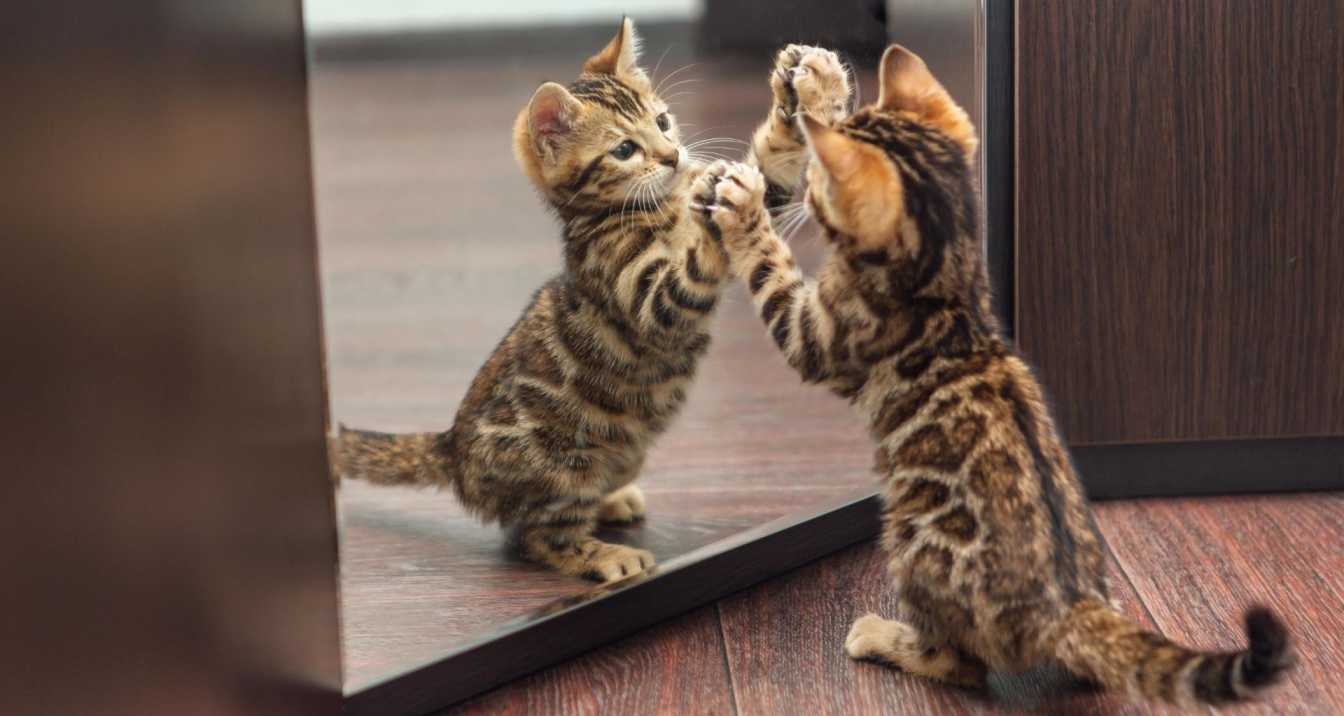Can Cats Recognize Themselves In The Mirror? This question often fascinates cat owners and animal enthusiasts. When you see your cat staring into a mirror, you might wonder if they understand that the reflection is their own. Understanding whether cats recognize themselves in the mirror can offer deeper insights into their behavior and cognitive abilities.
To answer the question, can cats recognize themselves in the mirror? The short answer is no. Cats do not recognize their reflection as their own. When a cat encounters a mirror, they typically see the reflection as another cat. This can lead to various reactions, such as curiosity or playfulness. Unlike humans and some other animals, cats do not pass the mirror test, which is a scientific method used to determine self-recognition.
Understanding Cat Behavior Around Mirrors
Why Do Cats React to Mirrors?
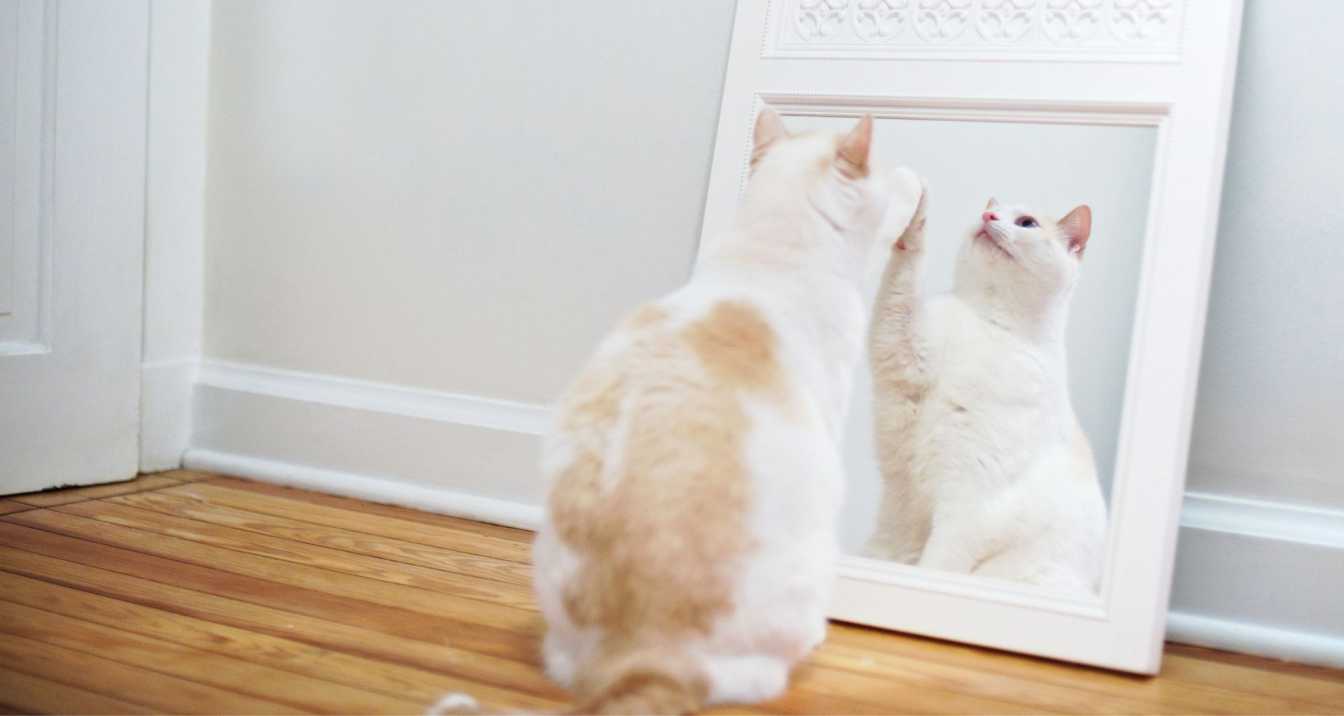
Cats are naturally curious creatures, and their reaction to mirrors is a perfect example of this curiosity. When a cat sees its reflection for the first time, it might think it’s encountering another cat. This can lead to various behaviors such as pawing at the mirror, puffing up to appear larger, or even running away. The curiosity of cats drives them to investigate this new “intruder” in their territory.
Some common reactions include:
- Pawing at the mirror: Cats often try to touch or swipe at the reflection, thinking it’s another cat.
- Vocalizing: Some cats might meow or hiss at the mirror, displaying territorial behavior.
- Ignoring the mirror: After a few encounters, many cats lose interest and may simply ignore the reflection.
How Do Cats Perceive Their Reflections?
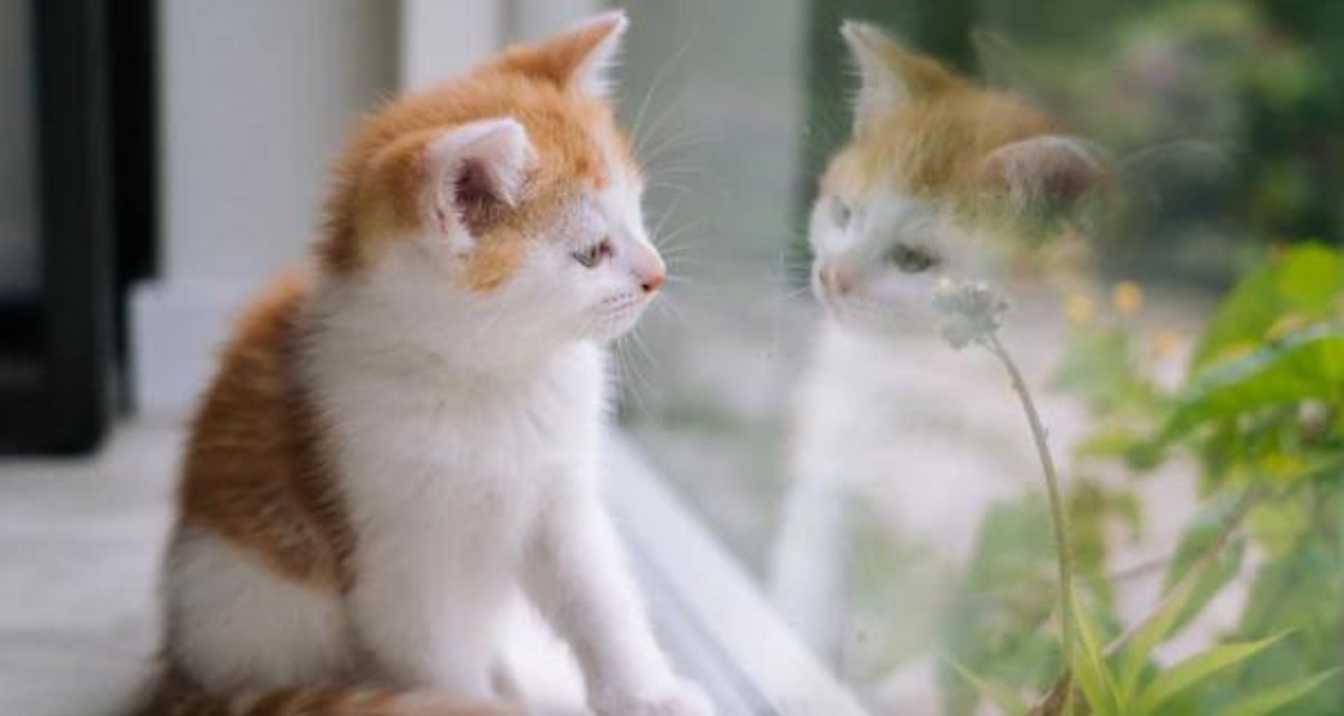
Cats perceive their reflections differently than humans. They rely heavily on their sense of smell and hearing to recognize others. Since a mirror reflection lacks these sensory cues, cats are often confused by what they see. This lack of recognition is why cats react to mirrors as if they are seeing another cat.
Case studies or anecdotal evidence
In many cases, a cat’s reaction to a mirror can provide insights into its personality. Confident cats might show curiosity and playfulness, while more timid cats might become frightened or defensive. Understanding these reactions can help cat owners better comprehend their pets’ behavior and needs.
Using a mirror to observe how your cat reacts can be an interesting experiment. However, it’s important to ensure that the experience is not stressful for your pet. Over time, most cats will become accustomed to the mirror and their initial reactions will diminish.
Read more: 6 Things That Cats Love Doing
The Science Behind Self-Recognition
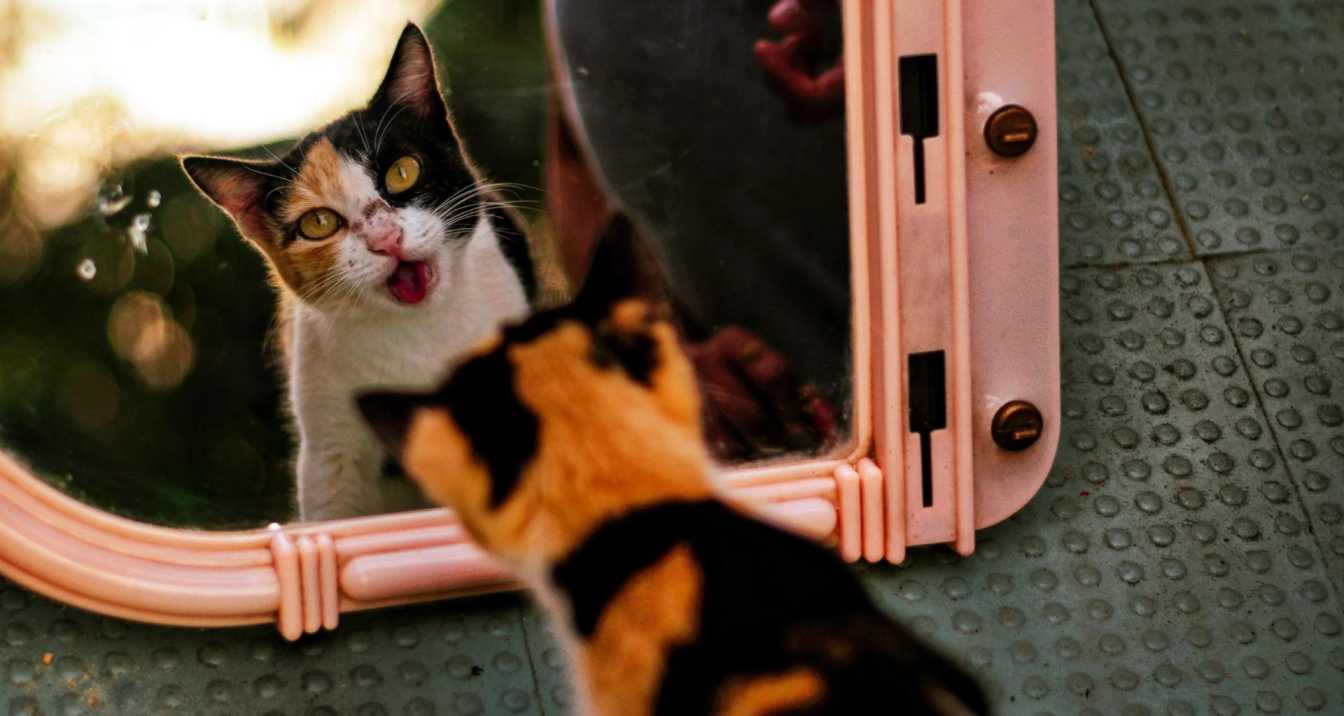
What is the Mirror Test?
The mirror test is a method used to determine if an animal can recognize itself in a mirror. It involves marking the animal in a place it can only see through its reflection. If the animal notices and investigates the mark, it indicates self-recognition.
Can Cats Pass the Mirror Test?
Cats do not pass the mirror test. Unlike some animals, such as primates and dolphins, cats do not understand that the reflection is themselves. Instead, when a cat sees its reflection, it usually reacts as if it’s seeing another cat. This reaction can include curiosity, playfulness, or even aggression, but it does not indicate self-recognition.
Comparing Cats to Other Animals
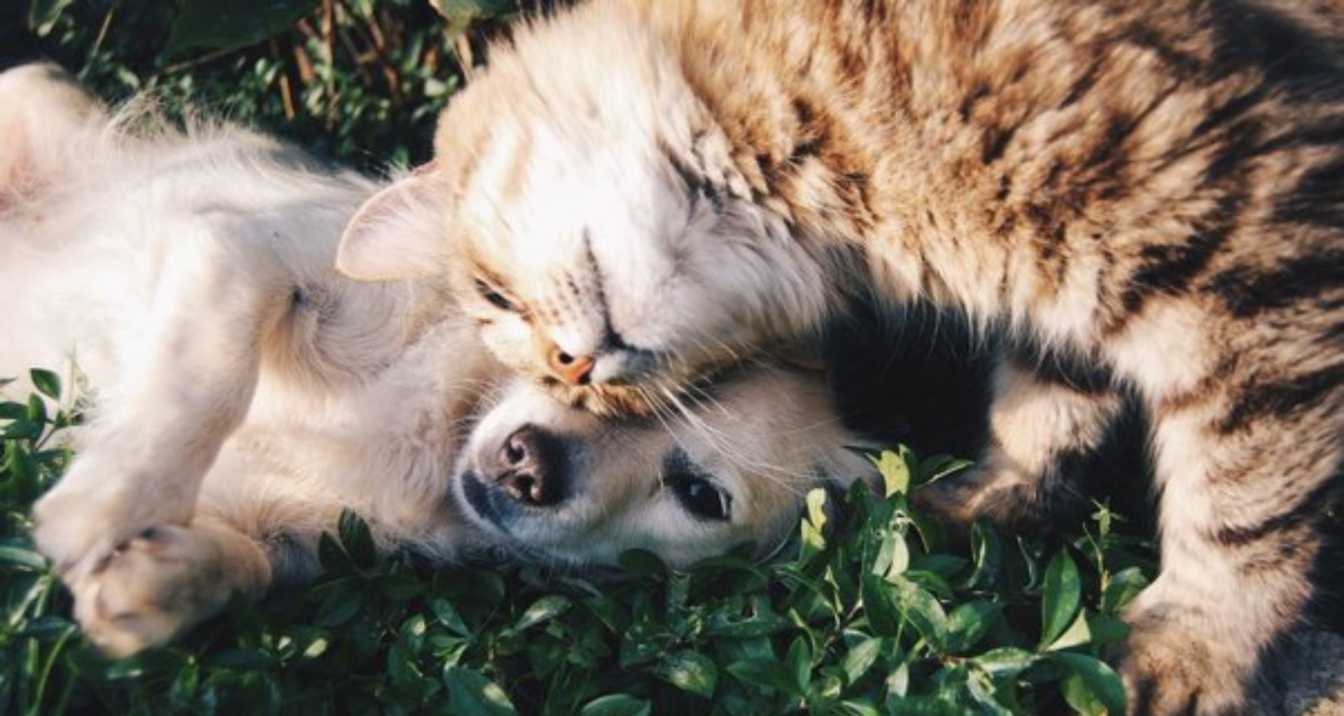
Understanding how cats’ behavior around mirrors compares to other animals provides insights into their cognitive abilities and sensory reliance.
Which Animals Can Recognize Themselves?
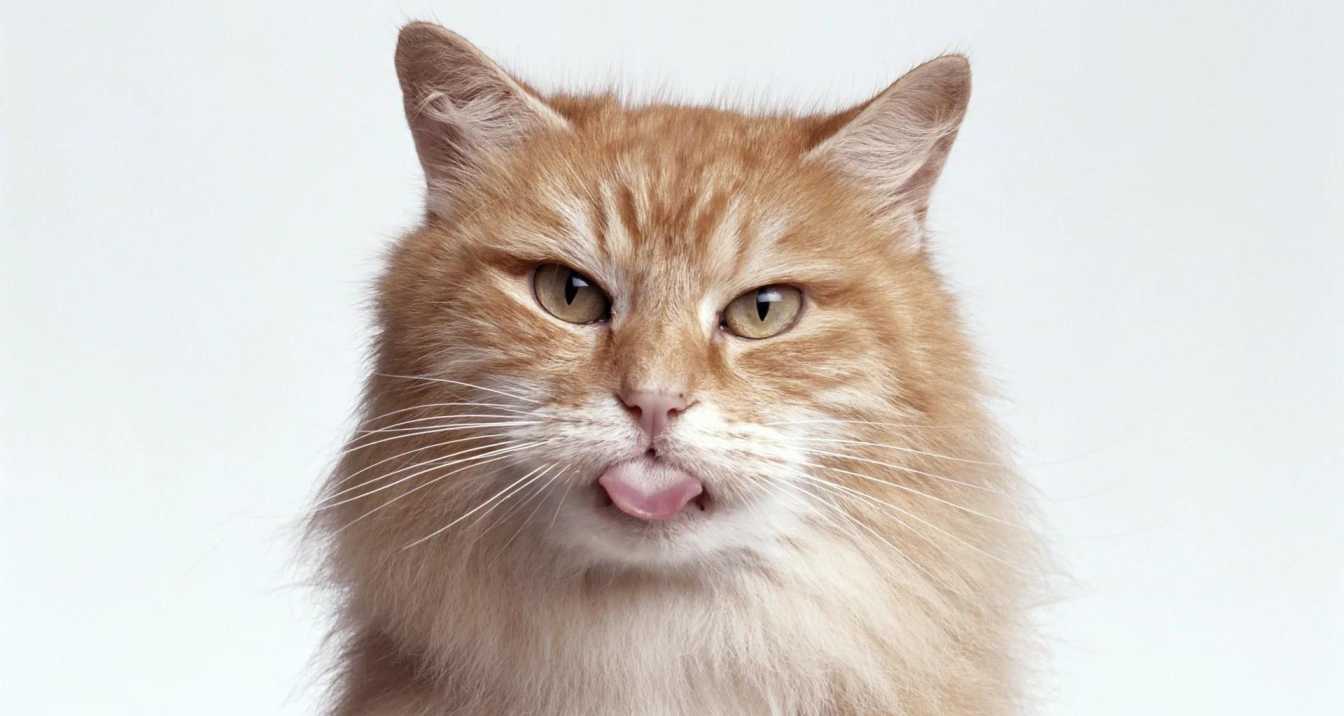
- Primates (e.g., chimpanzees, and orangutans) can pass the mirror test, showing they recognize their reflection.
- Dolphins demonstrate self-recognition by examining marks on their bodies using mirrors.
- Elephants have also shown the ability to recognize themselves in mirrors.
- Birds like magpies can pass the mirror test, indicating a high level of cognitive function.
Self-Recognition in the Animal Kingdom
- Self-recognition is a sign of advanced cognitive abilities and awareness.
- Cats’ behavior around mirrors differs from self-recognizing animals, highlighting their unique sensory reliance.
- Animals that pass the mirror test often show higher levels of social complexity and intelligence.
- Understanding which animals can recognize themselves helps in studying animal cognition and comparing it across species.
Implications for Cat Owners
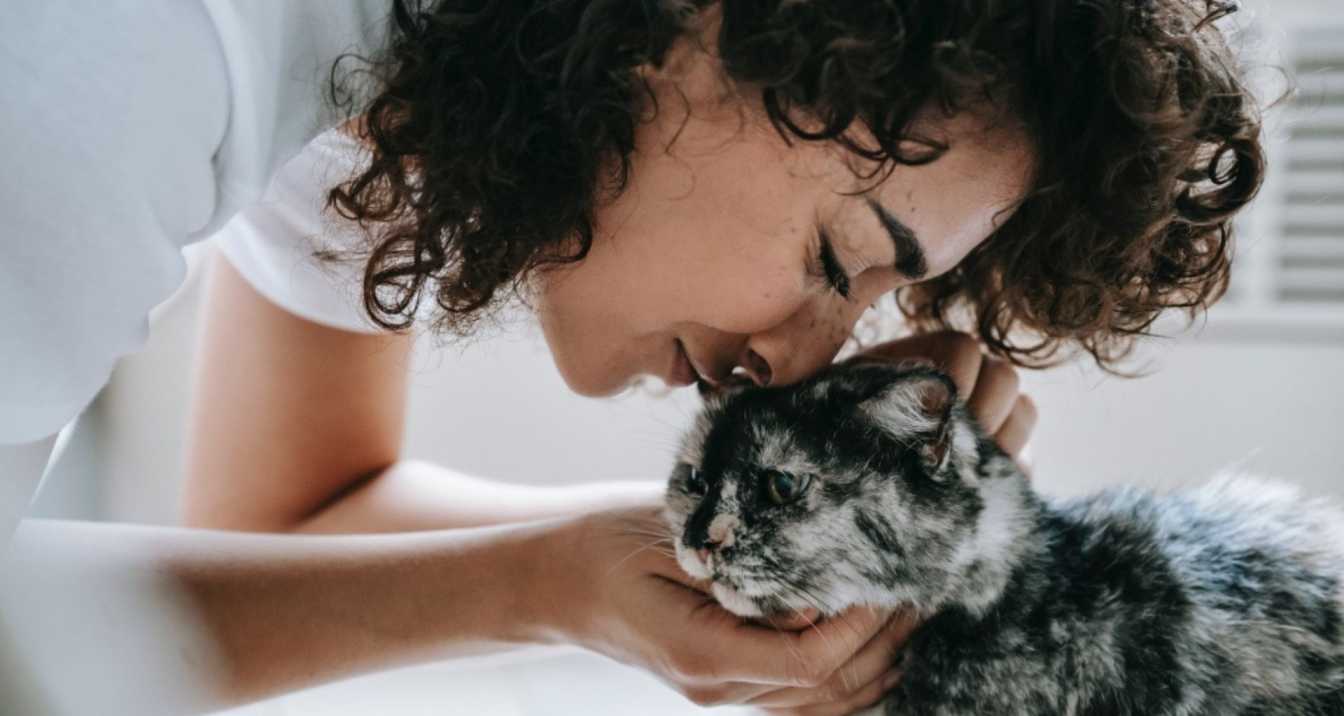
What Does This Mean for Cat Owners?
Understanding that cats do not recognize themselves in mirrors can help owners better interpret their pets’ behavior. When a cat reacts to its reflection, it’s not displaying self-awareness but rather responding to what it perceives as another cat. This insight can help cat owners manage their expectations and interactions with their pets.
Tips for Understanding Your Cat’s Behavior
Provide Enrichment: Since cats react to mirrors out of curiosity or territorial instincts, providing toys and other forms of stimulation can keep them engaged and reduce stress.
Observe Reactions: Watch how your cat responds to its reflection to gain insights into its personality and behavior. Confident cats may show interest, while timid ones might display fear or aggression.
Avoid Stress: If your cat becomes agitated by seeing its reflection, try to minimize mirror exposure to prevent unnecessary stress.
Use Other Senses: Remember, cats rely more on smell and hearing than sight. Engage them with activities that stimulate these senses to enrich their environment and well-being.
Cats and Cognitive Abilities
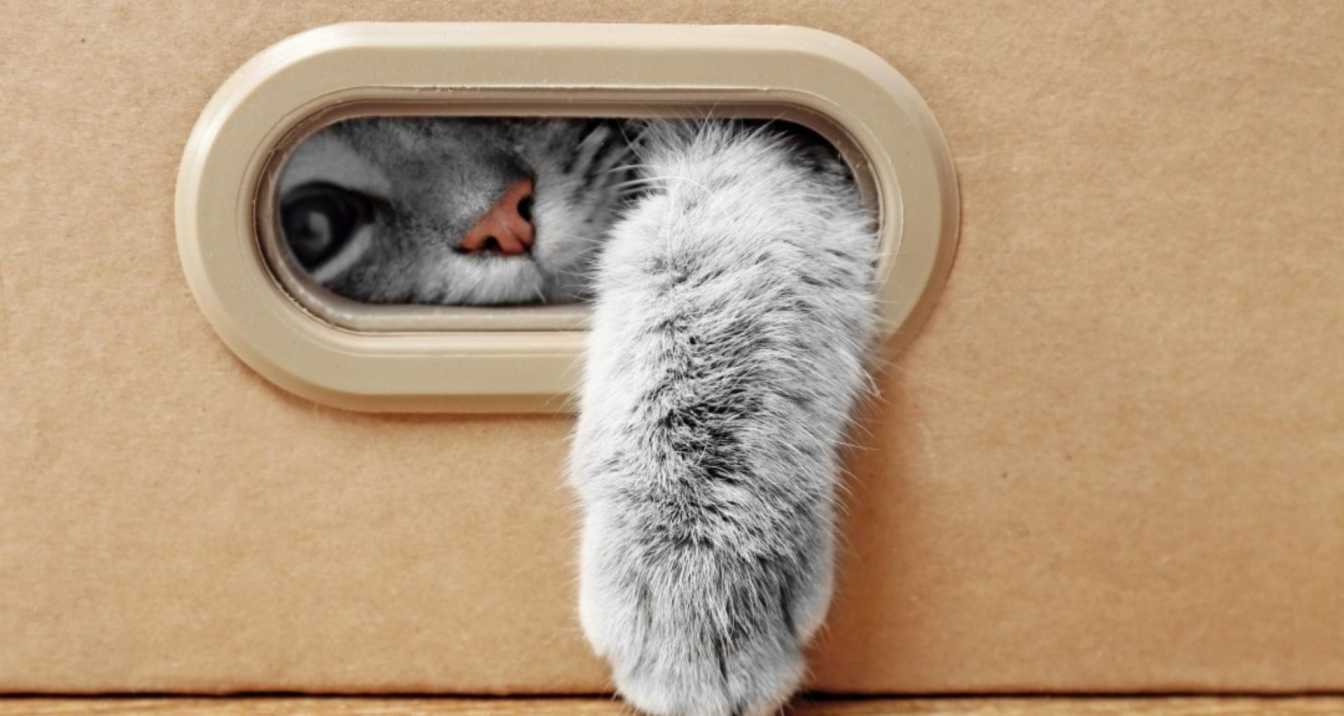
| Aspect | Details |
| How Smart Are Cats? | – Display impressive problem-solving skills and adaptability |
| – Learn to navigate complex environments and remember the locations of food and water | |
| – Understand basic commands from their owners | |
| The Cognitive Abilities of Cats | – Strong memory capabilities: recall people, places, and routines |
| – Exhibit social intelligence: read human emotions and respond accordingly | |
| – Use senses like smell and hearing over sight for identification |
While the question “Can Cats Recognize Themselves In The Mirror?” is answered with a no, it highlights the unique ways cats perceive and interact with the world. Their cognitive abilities are significant and multifaceted, showing a different but equally sophisticated level of cognition.
Conclusion
In conclusion, the question “Can Cats Recognize Themselves In The Mirror?” reveals much about feline behavior and cognitive abilities. While cats do not recognize their reflection, their interactions with mirrors showcase their curiosity and unique sensory reliance. Understanding that cats perceive their reflection as another cat rather than themselves helps owners better interpret and manage their pets’ behavior.
FAQ
| Why Does My Cat Ignore the Mirror?
Some cats may ignore mirrors after realizing the reflection does not have a scent or sound. Over time, they may lose interest as they understand it is not another real cat. |
| Why Does My Cat Hiss at the Mirror?
A cat may hiss at the mirror because it perceives the reflection as another cat encroaching on its territory. This reaction is driven by their instinct to protect their space. |
| Can Mirrors Be Used in Cat Training?
Mirrors are generally not effective for cat training since cats do not recognize the reflection as themselves. Training should focus on using their primary senses of smell, sound, and touch. |
